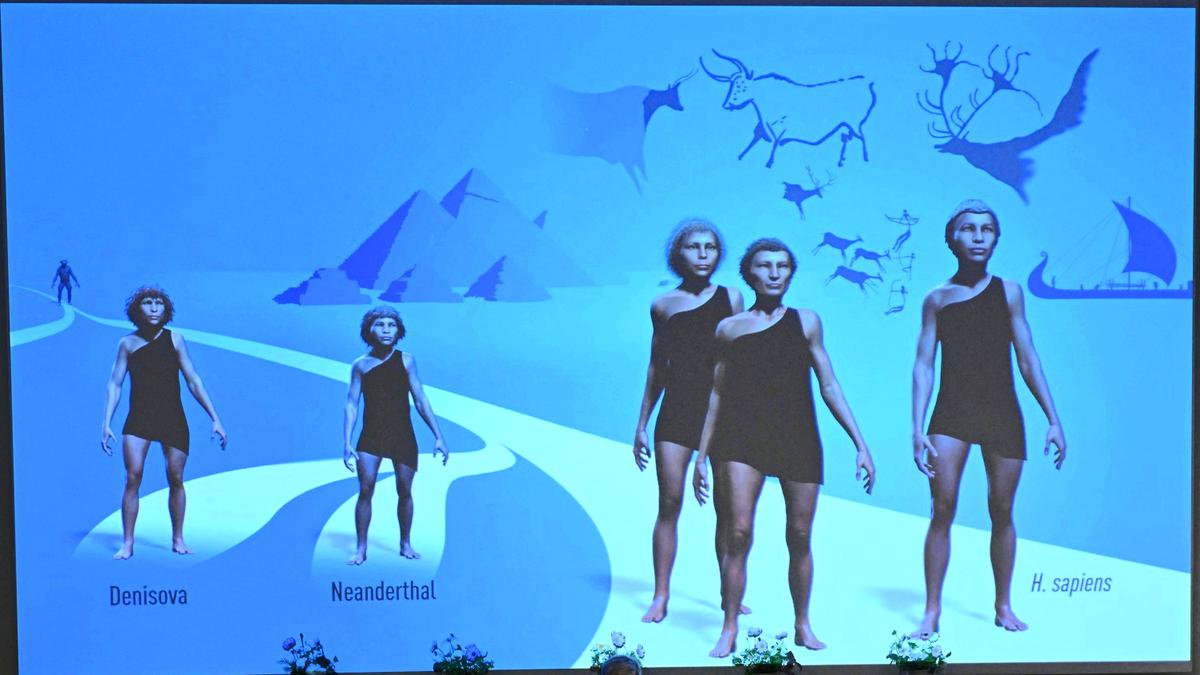
In a remarkable development, Chinese scientists might have stumbled upon an entirely novel lineage of ancient humans. Through the study of fragments including a mandible, skull, and leg bones from a fossilized hominid dating back over 300,000 years, intriguing possibilities have arisen.
A team of palaeontologists hailing from esteemed institutions such as the Chinese Academy of Sciences, Xi’an Jiaotong University, University of York, University of Chinese Academy of Sciences, and the National Research Center on Human Evolution have conducted extensive research on these findings. Their study, documented in the Journal of Human Evolution, unveils that these fossils were unearthed from a site located in Hualongdong, situated in East China.
These discoveries could potentially rewrite the history of human evolution, hinting at a new lineage that existed alongside other known human species. However, further research and analysis are imperative to corroborate this intriguing possibility. As scientists delve deeper into the mysteries of these ancient remains, the world awaits the unveiling of their findings and the subsequent impact they may have on our understanding of our distant past.
